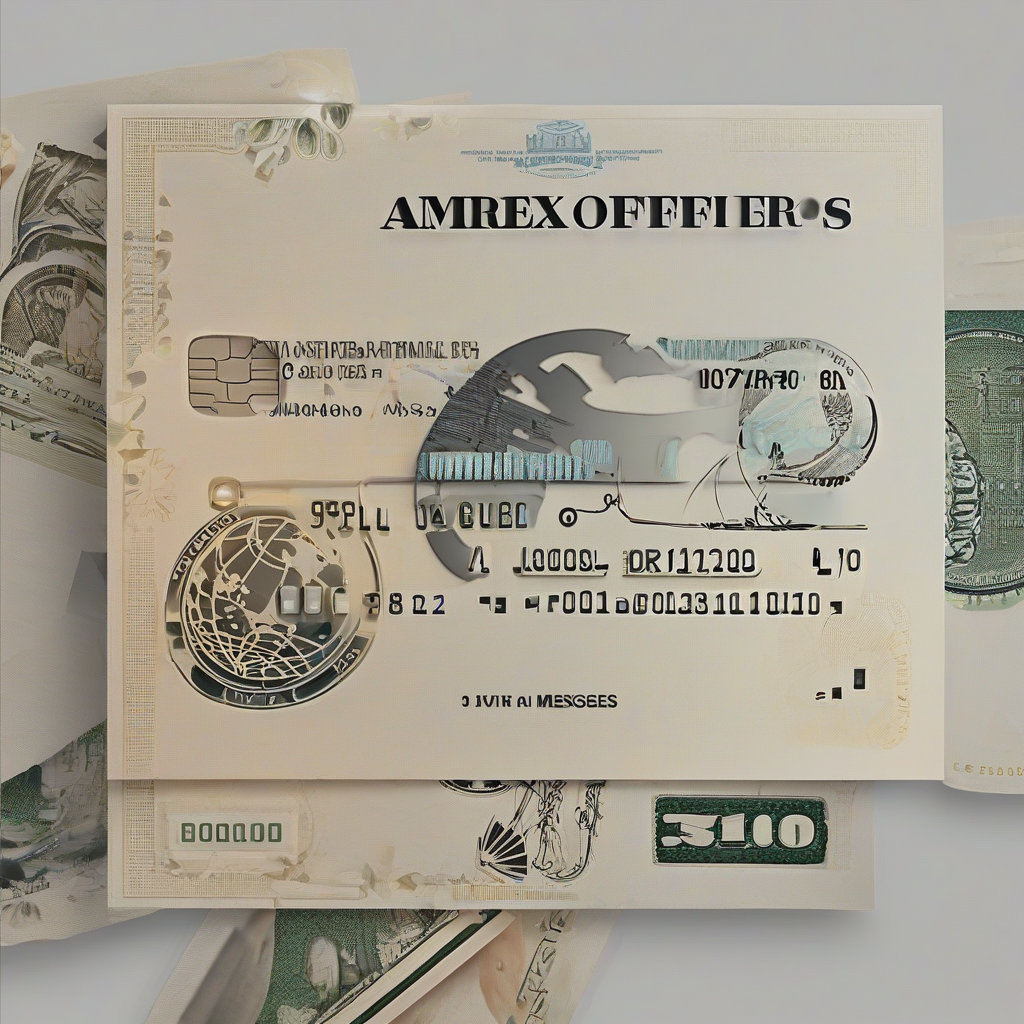Master's in Educational Counseling: A Comprehensive Guide

Master's in Educational Counseling: A Comprehensive Guide
What is Educational Counseling?
Educational counseling is a specialized field of counseling that focuses on the academic, career, and personal development of students. Educational counselors work with individuals of all ages, from elementary school children to adults pursuing higher education. They provide guidance, support, and resources to help students overcome academic challenges, make informed decisions about their future, and reach their full potential.
Why Pursue a Master's in Educational Counseling?
A master's degree in educational counseling offers a rewarding and impactful career path. Here are some key reasons why individuals choose to pursue this degree:
- Help students succeed: Educational counselors play a vital role in supporting students' academic and personal growth. They empower students to achieve their goals, overcome obstacles, and develop essential skills.
- Make a difference: The work of educational counselors directly impacts the lives of students and their families. By providing guidance and support, they create a positive and supportive learning environment.
- Variety of settings: Educational counselors can find employment in a wide range of settings, including schools, colleges, universities, community organizations, and private practice.
- Strong job market: The demand for qualified educational counselors is high, with ample job opportunities available across different sectors.
- Professional growth: A master's degree in educational counseling provides individuals with advanced knowledge and skills, enhancing their career prospects and potential for leadership roles.
What Does an Educational Counselor Do?
The responsibilities of an educational counselor vary depending on their work setting. However, some common duties include:
- Provide individual and group counseling: Addressing academic challenges, career exploration, personal issues, and social-emotional development.
- Develop and implement educational and career plans: Assisting students in setting goals, exploring career options, and identifying pathways to success.
- Advocate for students: Working with teachers, administrators, and parents to support students' needs and ensure they receive appropriate resources.
- Conduct assessments and evaluations: Identifying students' strengths, weaknesses, and areas for improvement using various assessment tools.
- Facilitate workshops and presentations: Educating students, parents, and school staff on topics related to academic success, career planning, and personal development.
- Maintain records and documentation: Recording student interactions, progress, and outcomes for accountability and reporting purposes.
Types of Educational Counseling Programs
Master's in educational counseling programs are offered by universities and colleges nationwide. The specific program structure and curriculum may vary, but common areas of specialization include:
- School Counseling: Focusing on the academic, career, and personal development of students in elementary, middle, and high schools.
- College and University Counseling: Supporting students in navigating the complexities of higher education, including academic advising, career services, and personal growth.
- Rehabilitation Counseling: Assisting individuals with disabilities in achieving their educational and career goals.
- Guidance and Counseling: Providing comprehensive guidance and support to students across various educational settings.
Admission Requirements for Master's in Educational Counseling Programs
Admission requirements for master's in educational counseling programs typically include:
- Bachelor's degree: A bachelor's degree in a relevant field, such as education, psychology, sociology, or counseling.
- Minimum GPA: A minimum GPA of 3.0 or higher is generally required.
- GRE scores: Some programs may require GRE scores as part of the application process.
- Letters of recommendation: Recommendations from academic advisors, professors, or previous employers.
- Statement of purpose: A written essay outlining your goals, experiences, and reasons for pursuing the program.
- Resume: A summary of your educational and professional background.
- Interview: Some programs may require an interview as part of the admission process.
Curriculum in a Master's in Educational Counseling Program
The curriculum for a master's in educational counseling program typically includes coursework in the following areas:
- Counseling Theories and Techniques: Exploring various theoretical approaches to counseling, including cognitive-behavioral therapy, psychodynamic therapy, and person-centered therapy.
- Human Development: Understanding the stages of human development from childhood to adulthood, including physical, cognitive, social, and emotional growth.
- Assessment and Evaluation: Learning about different assessment tools and techniques used to measure student progress and identify areas for improvement.
- Group Counseling: Developing skills and strategies for leading and facilitating group counseling sessions.
- Career Counseling: Exploring career development theories, assessment tools, and strategies for helping students identify and pursue career options.
- School and College Counseling: Understanding the unique challenges and opportunities faced by students in various educational settings.
- Ethics and Professional Issues: Examining ethical considerations and legal issues related to the practice of educational counseling.
- Research and Evaluation: Developing research skills and understanding the importance of evaluating counseling interventions.
- Practicum and Internship: Gaining practical experience in a real-world setting under the supervision of experienced educational counselors.
Career Options with a Master's in Educational Counseling
A master's degree in educational counseling opens doors to a wide range of career opportunities. Some common career paths include:
- School Counselor: Providing guidance and support to students in elementary, middle, and high schools.
- College Counselor: Assisting students in navigating the complexities of higher education, including academic advising, career services, and personal growth.
- Rehabilitation Counselor: Helping individuals with disabilities achieve their educational and career goals.
- Guidance Counselor: Providing comprehensive guidance and support to students across various educational settings.
- Career Counselor: Specializing in career exploration, assessment, and job search strategies.
- Testing and Assessment Specialist: Administering and interpreting standardized tests, such as the SAT, ACT, and GRE.
- Educational Consultant: Providing expertise and guidance to schools, organizations, and individuals on educational issues.
- Researcher: Conducting research on educational topics related to counseling, student development, and program effectiveness.
- Faculty Member: Teaching and mentoring students in educational counseling programs.
Salaries for Educational Counselors
The salary of an educational counselor varies depending on factors such as experience, location, and employer. According to the U.S. Bureau of Labor Statistics, the median annual salary for school counselors was $58,130 in 2021. College and university counselors typically earn higher salaries, with a median annual salary of $76,680.
Professional Organizations for Educational Counselors
Several professional organizations support educational counselors, providing resources, networking opportunities, and advocacy for the profession. Some prominent organizations include:
- American School Counselor Association (ASCA): The largest professional organization for school counselors, advocating for high-quality counseling programs and providing resources and support to members.
- American Counseling Association (ACA): A broader professional organization for counselors in various specialties, including educational counseling.
- National Career Development Association (NCDA): An organization focused on career development and counseling, offering resources and professional development opportunities for career counselors.
- Association for Counselor Education and Supervision (ACES): An organization dedicated to the preparation, supervision, and professional development of counselors.
Conclusion
A master's in educational counseling is a rewarding and impactful career path for those who are passionate about helping students succeed. With a strong foundation in counseling theories, techniques, and best practices, educational counselors play a vital role in supporting students' academic, career, and personal growth. This comprehensive guide provides valuable insights into the field of educational counseling, helping individuals make informed decisions about their future career path.
What's Your Reaction?

















